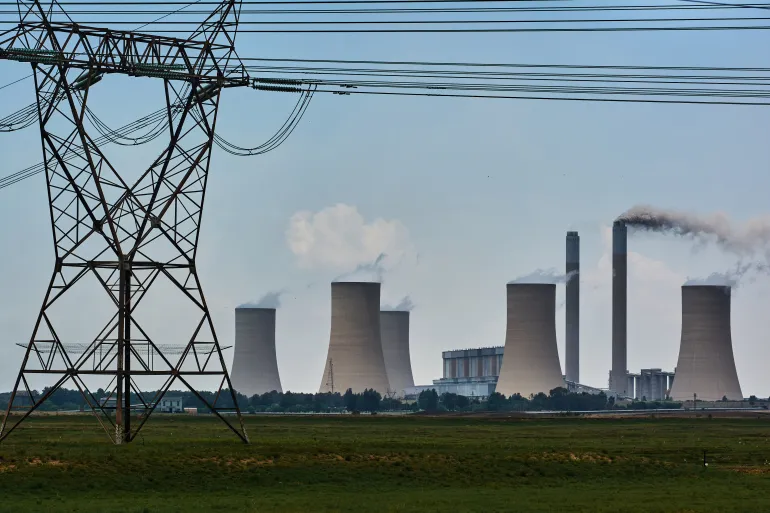Business
South African Businesses Face a Double Challenge with Rising Carbon Taxes

South African businesses are confronting a critical shift as carbon taxes increase and essential tax allowances are phased out. The recent research from Discovery Green, in collaboration with EY Africa’s Sustainability Tax division, warns that companies could see up to a 60% rise in electricity generation costs by 2034 due to these carbon tax increases.
The Reality of Rising Carbon Taxes
Introduced in 2019, South Africa’s Carbon Tax Act began with a manageable R190 per tonne, supported by allowances that shielded companies from the full tax impact. However, with the second phase approaching, the tax will rise significantly to R462 per tonne by 2030. This increase is set to pressure carbon-intensive industries, especially those reliant on coal-based electricity. With coal accounting for nearly 80% of the country’s electricity generation, local businesses face higher emissions taxes, pushing operational costs even higher.
Tax Allowances on the Decline
Presently, South African businesses enjoy tax allowances that offer up to 85% relief, depending on the sector. This cushion is crucial for many, but these allowances are scheduled to diminish, with a potential full phase-out by 2026. As Andre Nepgen, Head of Discovery Green, cautions, the burden of carbon taxes will increasingly fall on companies as these allowances reduce, challenging their financial resilience.
Scope 2 Carbon Taxes and International Impacts
New Scope 2 taxes on indirect emissions from purchased electricity are set to add more financial strain for companies reliant on coal-based power. Furthermore, South African businesses exporting to the European Union (EU) must consider the EU’s Carbon Border Adjustment Mechanism (CBAM). The CBAM will require importers to pay the difference between South Africa’s lower carbon tax rates and Europe’s higher ones, which are anticipated to reach €85 per tonne by 2026. This gap could affect R52.4 billion in exports to the EU, particularly impacting energy-intensive sectors such as steel and aluminum.
Embracing Renewable Energy to Mitigate Costs
The rising carbon taxes underscore the urgent need for businesses to adopt renewable energy sources. Transitioning to cleaner, renewable energy not only helps reduce carbon tax liabilities but also provides long-term cost stability. According to Nepgen, moving toward renewable energy is essential for controlling operational costs amidst increasing carbon taxes. By reducing dependence on coal and investing in sustainable energy options, South African companies can mitigate the financial impact of both domestic taxes and international trade policies like the CBAM.
The Road Ahead: Adapt or Pay the Price
For South African businesses, the transition to renewable energy represents both a challenge and an opportunity. While initial costs may be high, the potential for long-term savings and market resilience in a climate-conscious global economy is undeniable. By adopting sustainable practices, businesses can safeguard their profitability and contribute to a sustainable future, positioning themselves competitively in an evolving regulatory landscape.















